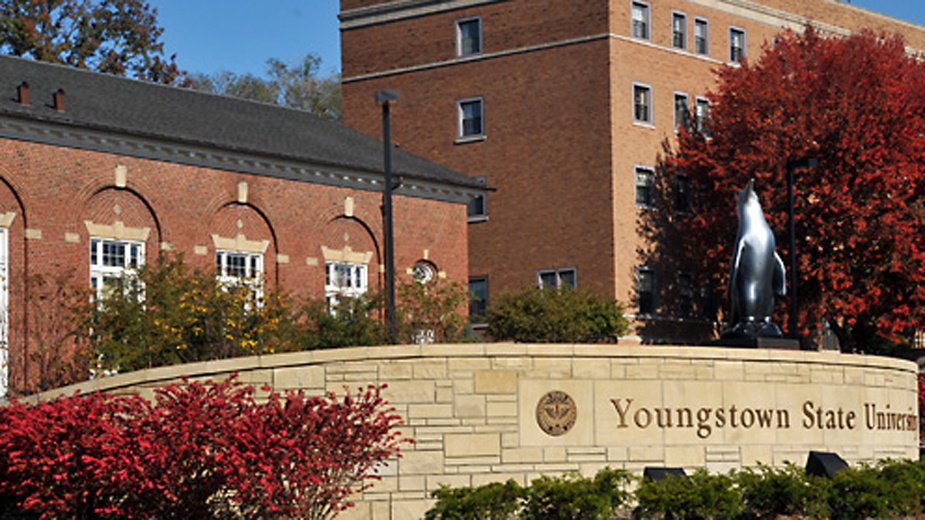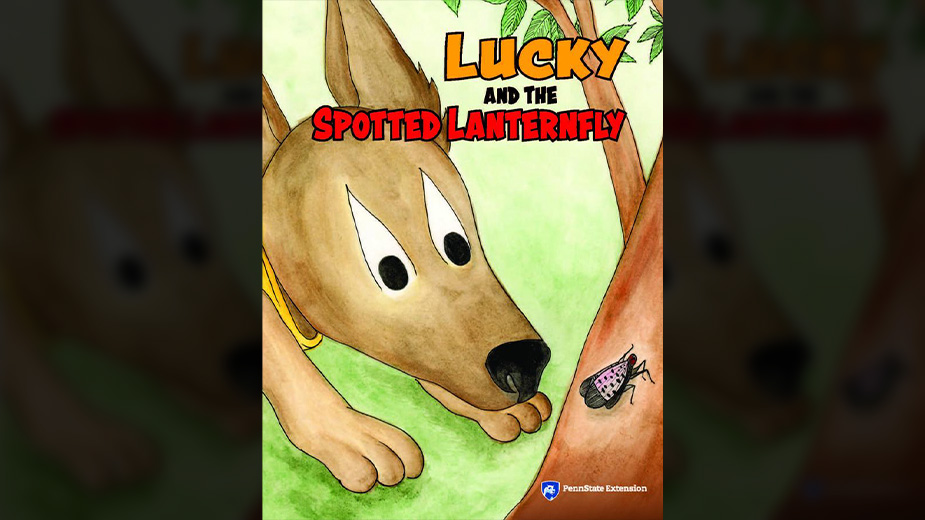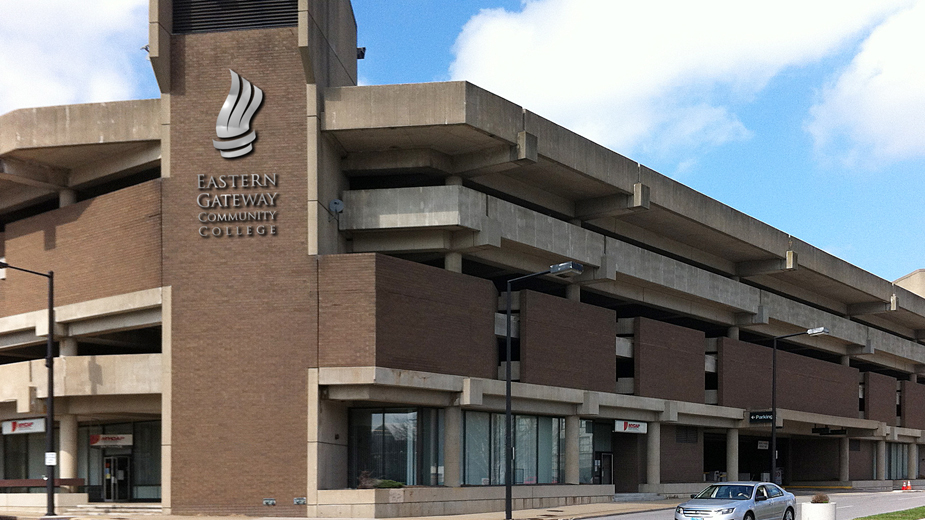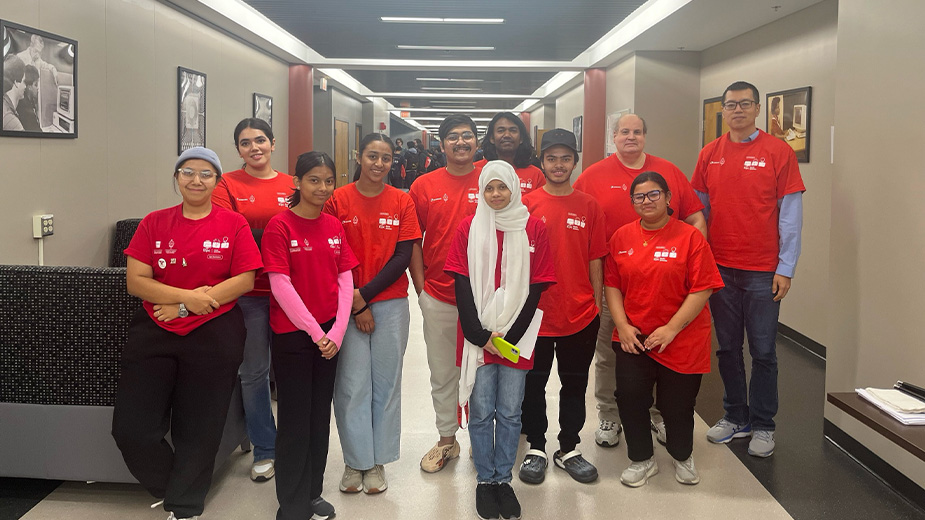The New YSU! Work in Bhutan Yields Useful Information
By Kenneth Miller, professor in Youngstown State University’s Beeghly College of Education
YOUNGSTOWN, Ohio – In January, I had the privilege to represent the department of counseling, school psychology, and educational leadership at Youngstown State University and travel to Bhutan to conduct research on mental health issues.
Sponsored by YSU and the National Board for Certified Counselors, my four and one-half month stay included completion of a psychiatric residency and a teaching fellowship in the Himalayan kingdom.
Known as “Land of the Thunder Dragon” for the sound made by howling winds in high mountain passes, Bhutan is northeast of India and south of China in central Asia. A constitutional monarchy, its government includes elements of democracy and royal decree. With a population of 805,022 as reported in January, it is sparsely populated, landlocked and mountainous with peaks reaching 24,836 feet. Bhutan’s official language is Dzongkha, but English is taught in public schools and other languages are spoken.
More than 75% of Bhutan’s citizens identify themselves as Buddhist, approximately 22% as Hindu and about 3% as “other.” The median age is 27.6 and life expectancy at birth is 70.6 years. Education expenditures account for 7.4% of gross domestic product and the literacy rate is 64.9%. Basic health-care services are provided at no cost and health expenditures account for 3.6% of GDP. This brief snapshot reveals Bhutan’s government, society and culture to be in sharp contrast to the U.S.
I spent most of my time providing services to psychiatric patients at the Jigme Dorji Wangchuk National Referral Hospital in the capital city of Thimphu. With 350 beds, it is the largest hospital in Bhutan and serves patients throughout the kingdom. Working with a wide range of patients and conducting research on culture-specific understandings of mental illness, I was able to identify social and cultural dynamics that play potential roles in the development of mental disorders in Bhutan.
By providing free health care to its citizens, Bhutan promotes the well-being of the vast majority of its population. But the median annual income of $4,152 limits opportunities to mobilize large scale, state-of-the-art medical services and technologies. This limitation is addressed, in part, through an ongoing program of specialized medical internships staffed by professionals from around the world.
While completing a teaching fellowship at the Khesar Gyalpo University of Medical Sciences of Bhutan, I taught classes to students enrolled in counseling and other medical programs. These opportunities provided insights into similarities and differences in professional standards, training techniques and service delivery systems in Bhutan and the U.S. As in the U.S., Bhutan has adopted standards designed to ensure high-quality professional training and service delivery. Students complete rigorous programs of study that include practicum, internship and residency experiences designed to hone clinical skills. Unlike the U.S., Bhutan also offers training in traditional medicine at the Institute of Traditional Medicine Services that relies more heavily on the use of herbal combinations, acupuncture, applications of heat and minor surgeries performed as part of Buddhist rituals.
During my stay, I also worked with senior administrators at YSU and officials at the Bhutan Ministry of Post-Secondary Education to explore the possible formation of a partnership that would enable academically-eligible Bhutanese students to complete their undergraduate programs at YSU. Although details of this program remain to be finalized, initial steps have been taken to bring it to fruition.
With a focus on “gross national happiness,” Bhutan has enacted policies designed to ensure a good quality of life for all of its citizens. Although not the Shangri-La of lore, Bhutan has accomplished this overarching goal with relative success. And despite being separated by geography, ideology, politics and culture, the peoples of Bhutan and the U.S. have a great deal in common and much to offer each other.
Copyright 2024 The Business Journal, Youngstown, Ohio.



